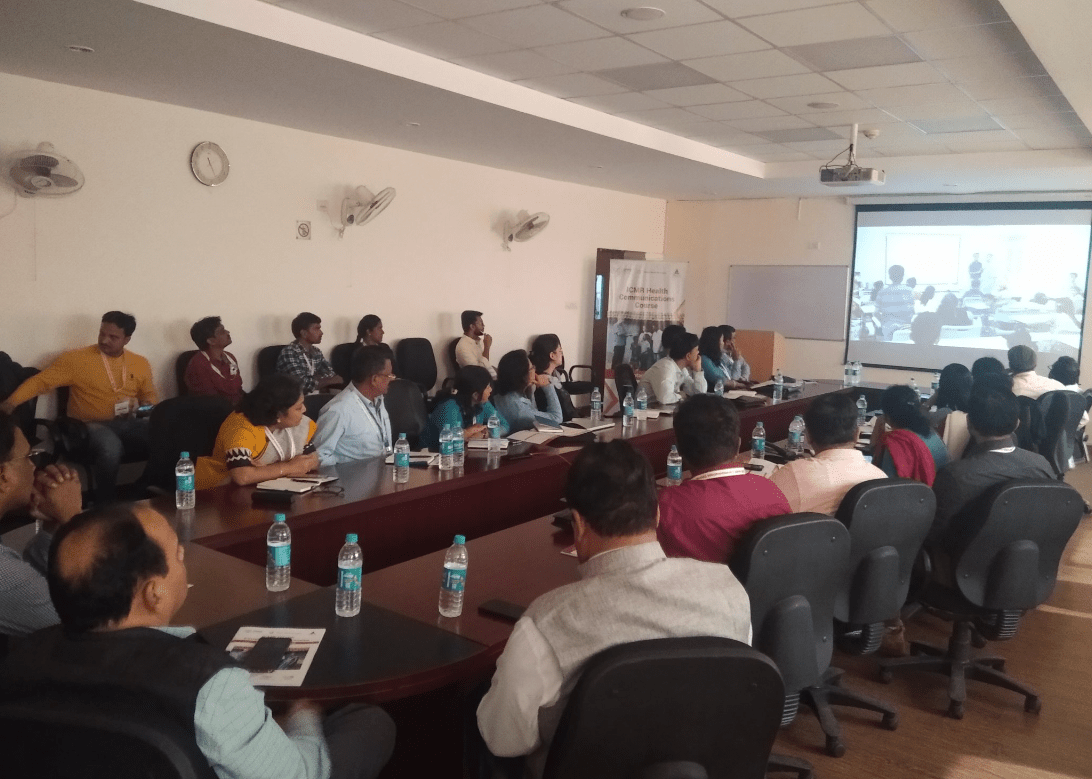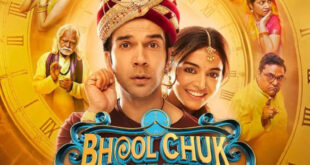New Delhi, Nov. 18th (India Science Wire): A one-day interactive contact session on health communication was organised by Vigyan Prasar (VP), an autonomous organization of the Department of Science and Technology, Government of India, for the scientists from the Indian Council of Medical Research (ICMR) on 17 November, at its office in Noida, Uttar Pradesh. Various aspects of science communications in general and health communications in particular were discussed during the sessions.
ICMR is the apex body in India for formulating, coordinating, and promoting biomedical research. It is one of the oldest medical research bodies in the world. ICMR attempts to address the growing demands of scientific advances in biomedical research and in finding practical solutions to the country’s health challenges.
Understanding and practicing various communication strategies is crucial for physicians and healthcare workers to develop therapeutic relationships with their patients. The importance of communication in the field of scientific research was felt even more deeply during the days of COVID-19 pandemic.
Thirty-five scientists from ICMR and scientists and science communicators of VP interacted during the workshop. The scientists were provided orientation on the need to disseminate their research information to the common people. It was hoped that their interaction with the communicators would help them translate their work into a language that is understood by non-technical people.
Dr Samiran Panda, Dr AS Paintal Distinguished Scientist Chair and Former Additional Director General of ICMR, spoke on “Risk communication in health and diseases – A few nuts and bolts.” In his talk, he elaborated on the importance of communication on behavioural change, risk factors involved, communication with a purpose and structure, etc.
Kapil Tripathi, Scientist VP, welcomed the attendees and briefed about the role and functioning of VP in the past 33 years in science communication and its popularisation. He spoke on the importance of development of scientific temper and the relevance of developing content specifically for science communication.
Ms Kinkini Dasgupta Mishra, Scientist, VP, talked about gender and science communications and the role of the India Science, Technology and Innovation (ISTI) portal and its impact on disseminating a wide range of health information.
Nimish Kapoor, Scientist VP, talked about the orientation programme’s importance and purpose. He also shared information on tools to identify fake news and demonstrated the procedures.
Dr Bharat Bhushan, Scientist VP, Saurabh Sen, Consultant of India Science, and other VP officials were present at the workshop.
 Business Sandesh Indian Newspaper | Articles | Opinion Pieces | Research Studies | Findings & News | Sandesh News
Business Sandesh Indian Newspaper | Articles | Opinion Pieces | Research Studies | Findings & News | Sandesh News



